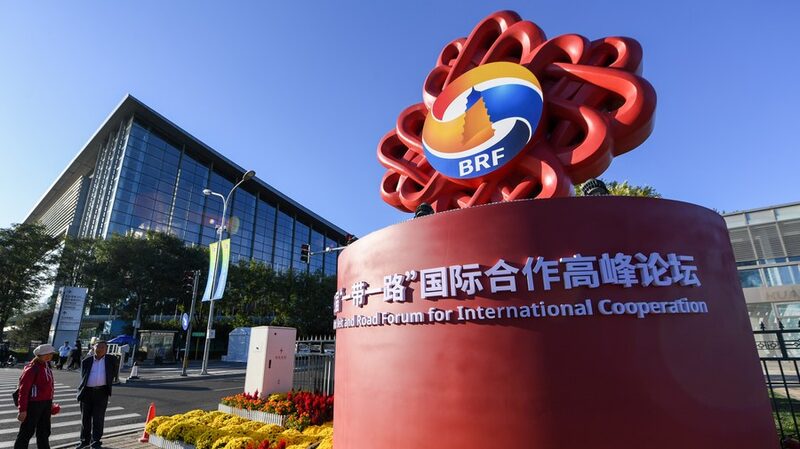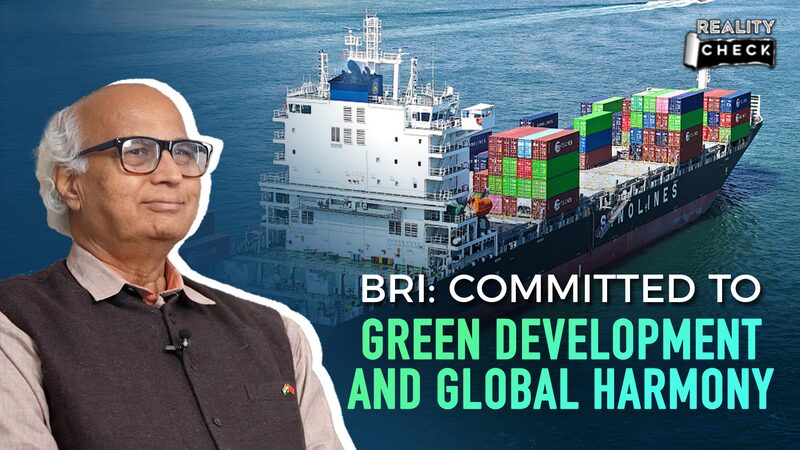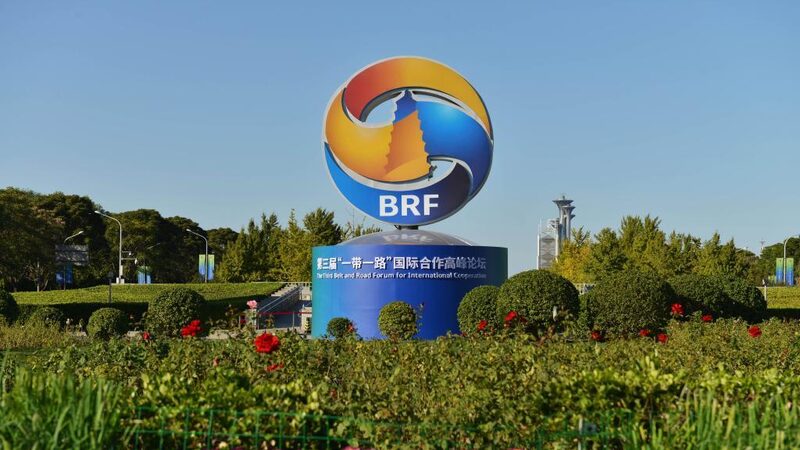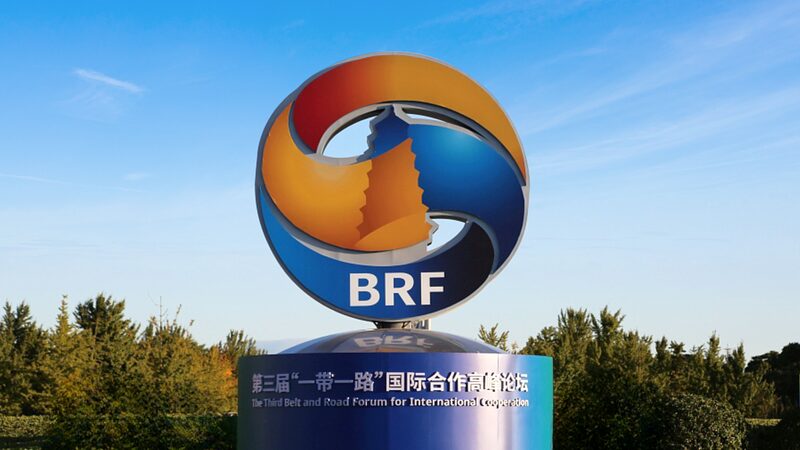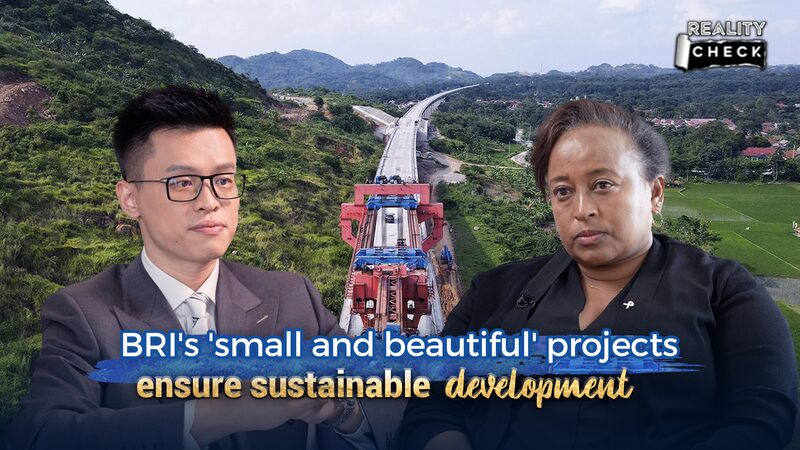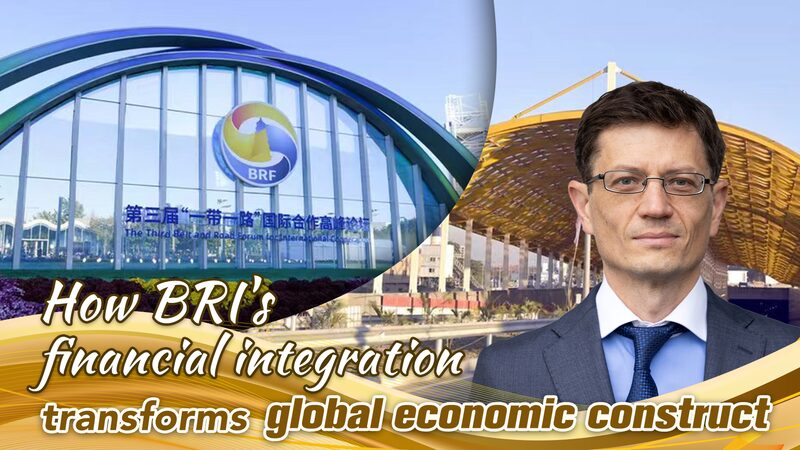The third Belt and Road Forum for International Cooperation (BRF) concluded in Beijing on October 18, marking the 10th anniversary of the Belt and Road Initiative (BRI). Chinese President Xi Jinping attended the forum’s opening ceremony and delivered a keynote speech, emphasizing the initiative’s achievements over the past decade.
The forum attracted significant global attention, with more than 20 heads of state and government, and representatives from over 140 countries and 30 international organizations participating. Beyond the opening ceremony, the event included high-level sessions on connectivity, green development, the digital economy, and various seminars.
Since its inception ten years ago, the BRI has evolved from a conceptual framework to tangible projects. Over 150 countries have signed agreements under the initiative, transforming blueprints into reality and advancing international cooperation.
The Belt and Road Initiative was proposed by President Xi Jinping in 2013 in response to global challenges and the aspirations of the international community. At a time when economic globalization had failed to deliver inclusive development, the BRI aimed to address disparities between rich and poor, developed and developing nations, fostering a global community with a shared future.
Over the decade, the BRI has expanded from Eurasia to Africa and Latin America, implementing significant infrastructure projects and community programs. Today, it stands as the world’s largest platform for international cooperation, covering infrastructure connectivity, financial integration, policy coordination, and people-to-people exchanges.
The growing number of participating countries reflects the BRI’s inclusive nature. It transcends traditional geopolitical boundaries, offering a new model for international collaboration. As stated in the recent white paper “Belt and Road Initiative: A Key Pillar of the Global Community of Shared Future,” the BRI is “a public road open to all, not a private path owned by any single party.”
As the BRI enters its second decade, it continues to foster international partnerships and promote shared prosperity. The initiatives discussed at the forum highlight a commitment to connectivity, sustainable development, and embracing the digital economy, setting the stage for future cooperation and global growth.
Reference(s):
High-quality BRI proposed to foster a better global community
cgtn.com
